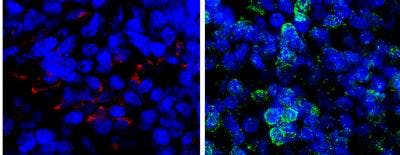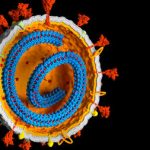
Medical ethicists are concerned about recent developments in this field involving the growth of these tiny brains in other animals.
Two teams of scientists plan to present previously unpublished research on the unexpected interaction between human mini-brains and their rat and mouse hosts.
In the new papers, according to STAT, scientists will report that the organoids survived for extended periods of time — two months in one case — and even connected to lab animals’ circulatory and nervous systems, transferring blood and nerve signals between the host animal and the implanted human cells. This is an unprecedented advancement for mini-brain research.
- Tags:
biogenetics, ethics, genetics, research
- Categories: Science




